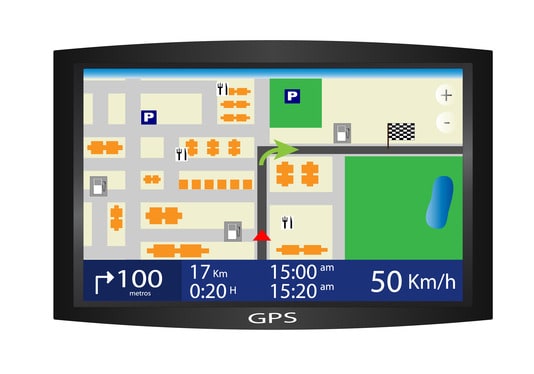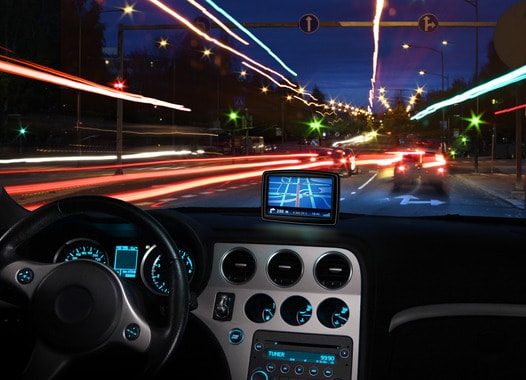BOISE and NAMPA, Idaho. With many of us contemplating Thanksgiving travel, consider this: if your GPS died during your drive, would you be able to make it to your destination? For many drivers, the idea of losing GPS navigation while on the road is enough to bring on anxiety or at least remind drivers to bring a charger or extra phone.

For as many years as people have been traveling long distances, humans relied on advanced wayfinding techniques. Polynesian navigators used the stars, ocean currents, wave patterns, and wind patterns to travel thousands of miles by outrigger canoe. Canadian Inuit hunters used sophisticated wayfinding techniques to avoid getting lost on arctic ice, a land where compasses don’t work.
According to Mother Jones, when Inuit hunters began using GPS to get around the ice, they encountered interesting problems. Young hunters fell through holes in the ice. Other hunters, who had become too reliant on GPS, got lost when their phones ran out of battery.
In the U.S., we aren’t immune to the same dangers, even if the risk isn’t arctic tundra or holes in sea ice. Databases of car accidents indicate that more drivers are crashing into lakes and oceans, colliding into buildings, or crashing into trains and overpasses. Other drivers, blinding following GPS, are ignoring warning signs. One man drove off the edge of a closed bridge. Another woman drove into Death Valley and got stranded in the sand.
Part of the problem is how GPS represents drivers on the map. Using traditional mapping methods (a paper map), drivers would navigate based on a holistic viewpoint of the landscape and city. Now, drivers focus on a point moving along an otherwise featureless line. Studying a map requires more mental bandwidth, but it ultimately results in a greater understanding of a given landscape. We are becoming more and more navigationally unintelligent as a result of our smartphones and GPS devices. The consequences of this are serious because our reliance on GPS technology may be leading us to be involved in more preventable car accidents.
Some scientists even believe that our overreliance on GPS can lead to cognitive decay, atrophy of certain cells, and increased risk of Alzheimer’s and other illnesses. According to the Daily Beast, our reliance on GPS can also put our infrastructure at risk. New Jersey’s air traffic control system shut down in 2009 when a truck driver trying to jam his own GPS, jammed other devices in the area.
The Law Office of Johnson & Lundgreen are personal injury lawyers in Boise and Nampa, Idaho who work closely with drivers who have been injured in car accidents. The firm has been looking at the role that our devices play in car accidents. Yet, when it comes to personal injury law and litigation, drivers are ultimately the ones who choose whether to use a phone or not. At the end of the day, we are responsible for our choices behind the wheel, not our devices. If you have been injured due to distracted driving, visit https://johnsonandlundgreen.com/ to learn more about your options.
It isn’t likely that our reliance on GPS is going to stop any time soon. Drivers, however, should be aware of the risk that over-reliance on devices pose. Safety is everyone’s responsibility. Maybe there is value in getting lost.

